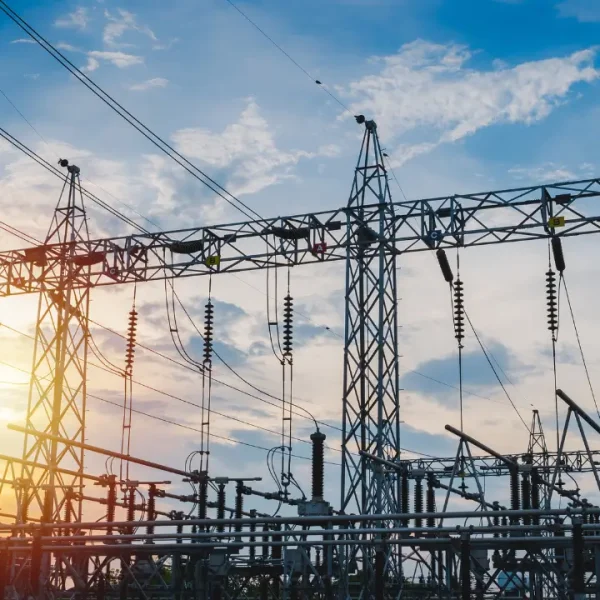The competition to achieve superintelligence and what it means for the planet.
Is anyone else getting a whiff of absurdity from the modern AI race?
We’re witnessing world’s largest tech companies like Meta, Amazon, Google, and others now jockeying for the pole position in what’s increasingly being called the ‘race to superintelligence.’
The numbers are weighty and the scale is unprecedented. Meta, for instance, has pledged “hundreds of billions” to build vast networks of data centers, such as the upcoming Prometheus and Hyperion complexes, aiming to support their push into AI systems that learn, reason, and perhaps exceed our own cognitive capabilities [The Hindu]. Amazon dreams up AI megacities [The Sun]. Billions more are pledged by Google, Microsoft, and Meta each year to construct these AI powerhouses [PYMNTS].
The Asimov Experiment
Will Knight, writing for WIRED AI Lab, recently captured this tension beautifully. He chronicled his visit to Reflection, a Brooklyn-based AI startup bent on building superintelligent systems. Their product, Asimov, is an AI agent designed not just to write code but to understand entire software ecosystems- Slack chats, emails, version histories, in order to “learn how all this leads together to produce a finished piece of software.” It’s AI as both oracle and engineer, trained to make sense of human messiness.
Reflection’s CEO, Misha Laskin, argues that coding is the natural medium for AI to engage with the world because it’s precise and interpretable. Yet even he admits we’re still in a “semiautonomous phase,” where these agents work under human supervision, unable to operate fully on their own. As Knight observes, the push toward superintelligence is real, but the path remains murky, filled with technical, social, and ethical unknowns.
The Sustainability Conundrum
For every headline screaming “AI revolution,” there’s a quietly buried paragraph about how much electricity these thinking machines guzzle, enough to derail entire countries’ climate targets.
Google’s own emissions ballooned in 2024, fueled by the insatiable appetite of AI workloads for electricity. Their climate goals are now being “derailed” by the needs of their own creation, as reported by The Guardian.
This isn’t a problem unique to Google. All the major players- Meta, Microsoft, Amazon are confronting the same tension.
A single hyperscale AI data center can draw gigawatts, more than many cities. Meta’s Hyperion and Prometheus centers are the first wave, each aiming for vast, multi-gigawatt footprints. “This massive investment,” Meta’s Zuckerberg recently shared, “reflects Meta’s aggressive strategy in the escalating AI race.” But how sustainable are these strategies when they come at such a planetary cost?












